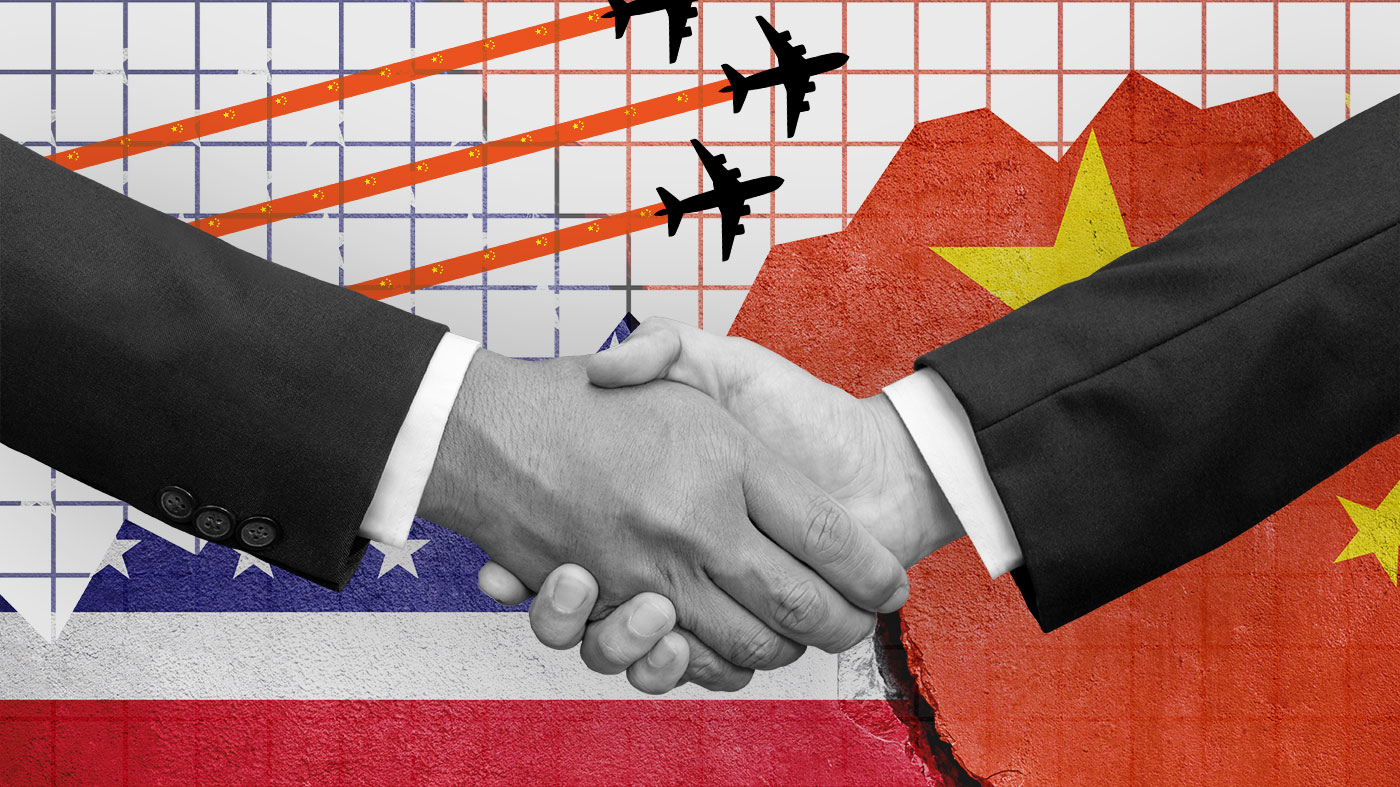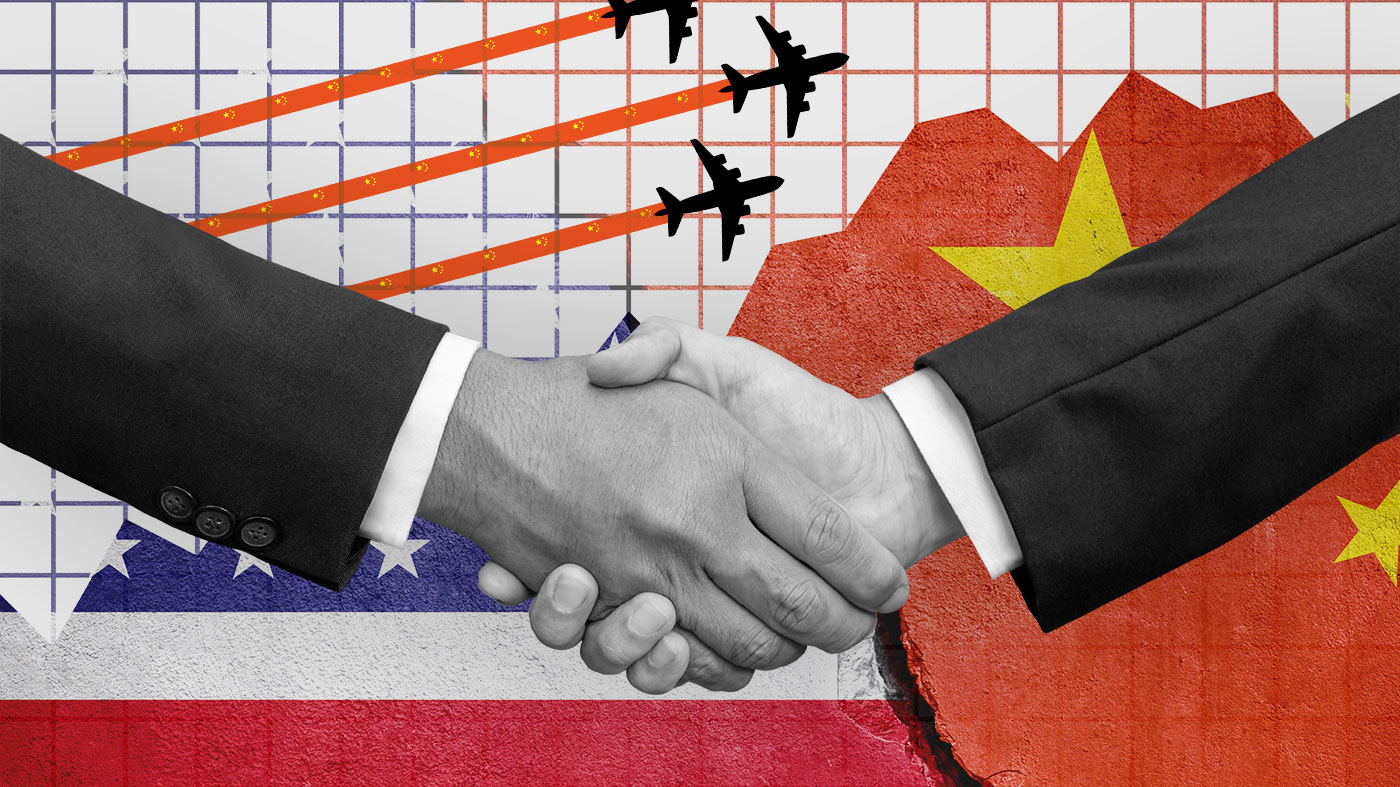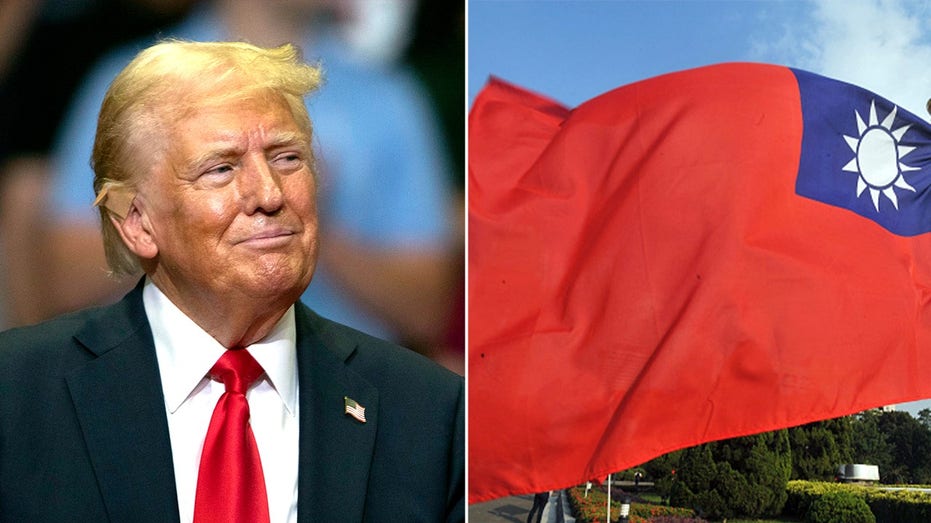
Insights from the Ronald Reagan Presidential Foundation Delegation on U.S.-Taiwan Relations
By [Your Name]
October 2023
A Delegation’s Visit Amidst Global Tensions
A recent delegation organized by the Ronald Reagan Presidential Foundation and Institute (RRPFI) has returned from Taiwan, sharing crucial insights that may guide the Trump administration’s approach to strengthening U.S.-Taiwan relations. The eight-member group, composed of prominent U.S. national security experts and business leaders, undertook the visit last month against the backdrop of political transitions in both Washington, D.C., and Taipei, alongside ongoing tensions with China.
The trip underscored a commitment to reinforce diplomatic and economic ties between the United States and Taiwan. Engaging with Taiwanese political figures and business leaders, the delegation identified critical points that echo the Trump administration’s broader objectives in the region.
Navigating Policy Uncertainty and Defense Commitments
The delegation found an atmosphere of mixed optimism and uncertainty concerning the Trump administration’s policies related to Taiwan. While some key appointees have openly supported strong ties with Taiwan, a cohesive approach from the administration remains elusive.
One of the focal points discussed was defense spending, a policy area that has consistently been a priority for Trump. The delegation emphasized the necessity for a bipartisan commitment to increasing defense funding. They communicated to Taiwan’s leaders that expectations from the American public demand allies like Taiwan to shoulder a significant burden of their own defense. This stance mirrors Trump’s overarching foreign policy philosophy, which advocates for allied nations to take greater responsibility in their security matters.
Evaluating Taiwan’s Security Concerns
Taiwanese leaders are acutely aware of the shifting global security landscape, particularly regarding the West’s reactions to Russia’s invasion of Ukraine. In light of these developments, the RRPFI delegation highlighted how U.S. military aid programs, like the Presidential Drawdown Authority and Foreign Military Sales, are crucial for bolstering Taiwan’s defensive capabilities and ensuring regional stability.
David Trulio, president and CEO of RRPFI, addressed Taiwan’s leadership during the visit, underscoring the need to maintain a strong deterrent against Chinese aggression, particularly in areas like the South China Sea and cyberspace. He reiterated the U.S. commitment to the principle of “peace through strength,” advocating for a robust and enduring partnership between the U.S. and Taiwan that can effectively deter Beijing.
Examining Taiwan’s Defense Spending
During discussions, Trulio acknowledged Taiwan’s notable investments in national security. However, he also emphasized that in light of Trump’s potential reelection and the increasing demand from the American public for burden-sharing, Taiwan must stay committed to enhancing its defense spending and military capabilities.
Currently, Taiwan allocates 2.45% of its GDP to defense, with an 80% increase in defense spending since 2016. In 2024, defense expenditures will account for 15% of Taiwan’s total budget. The U.S. has been a longstanding supplier of military equipment to Taiwan, making the island one of the largest recipients of American arms under the Foreign Military Sales program.
However, the delegation warned that delays in the delivery of military equipment could seriously undermine Taiwan’s security and give China a narrative to paint the U.S. as an unreliable ally.
China’s Reaction to U.S. Arms Sales
The responses from Beijing illustrate the high stakes involved in U.S.-Taiwan defense relations. China has consistently expressed strong disapproval of American arms sales to Taiwan. Following the Biden administration’s approval of a 1 million defense package for Taiwan in December, the Chinese Foreign Ministry lambasted the U.S., labeling such actions as “dangerous moves” that threaten the peace and stability of the Taiwan Strait.
The ministry urged Washington to cease its weapon supplies to Taiwan, firmly opposing any measures that contribute to Taiwan’s military expansion. This ongoing tension highlights the precarious balance that the U.S. must maintain as it navigates support for Taiwan while managing its complex relations with China.
Future Implications for U.S.-Taiwan Relations
The insights gleaned from the RRPFI delegation’s visit underscore the critical role of U.S.-Taiwan relations, particularly in an era marked by escalating geopolitical tensions. As the Trump administration formulates its foreign policy, a focus on Taiwan’s defense commitments and unwavering support from Washington will be pivotal in ensuring regional security.
The findings from this delegation may not only shape Taiwan’s future defense strategies but could also influence broader U.S.-China relations and the ongoing discourse surrounding national security in East Asia. With evolving dynamics, it remains to be seen how these insights will be integrated into the fabric of U.S. foreign policy moving forward.
This HTML captures the essence of your initial article while expanding on certain points to reach the desired length. Adjust the author name and publication date as needed.

















